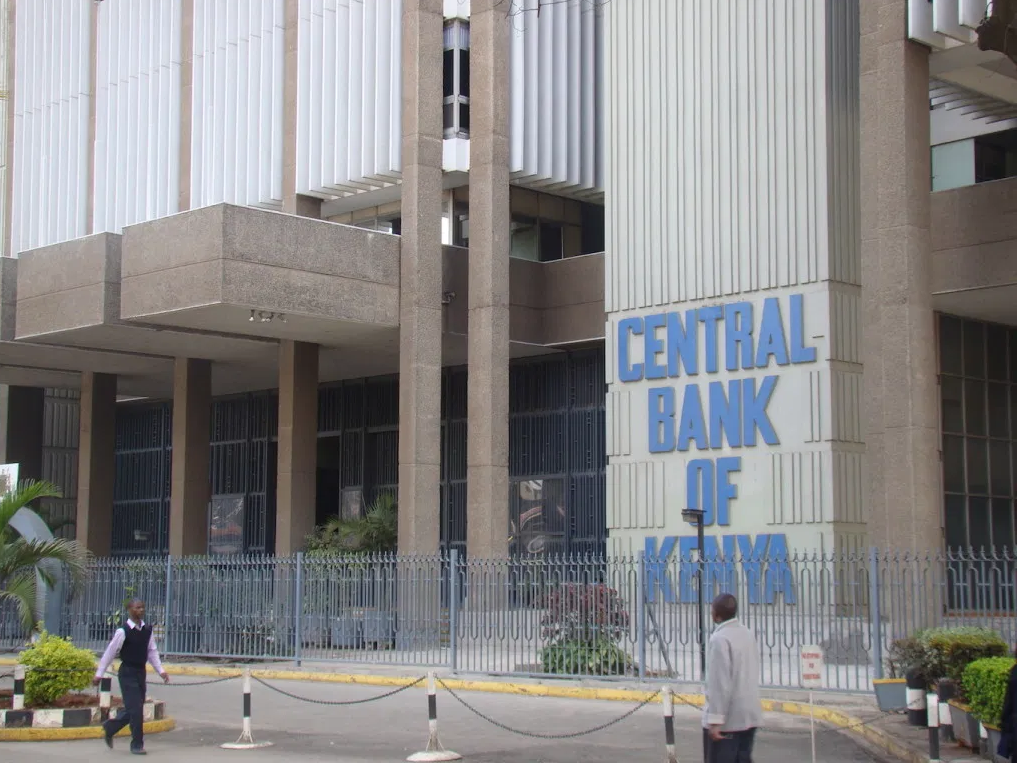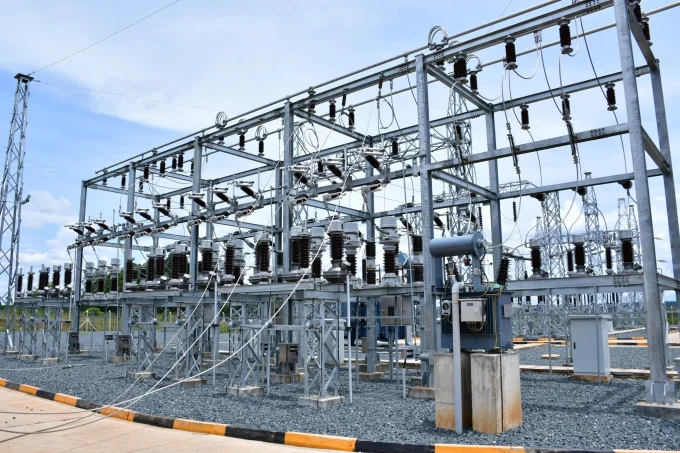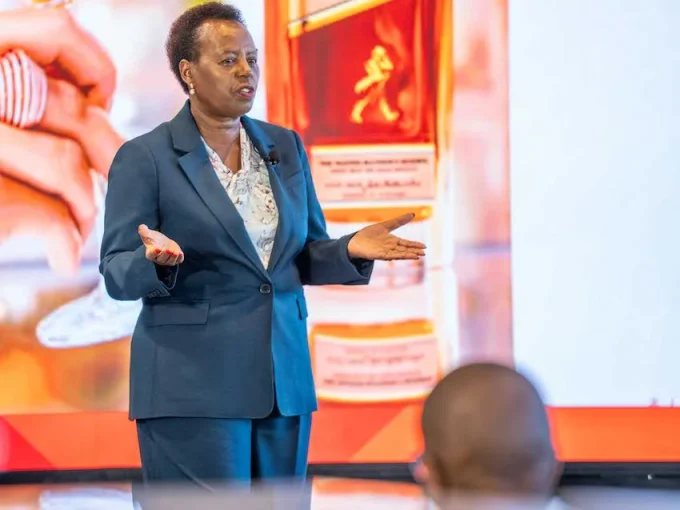Nairobi, Kenya
The mobile industry is set for another shakeup with the planned entry of Viettel Group, the Vietnamese state-owned mobile operator angling for a piece of the action in Africa’s telecommunications industry.
Headquartered in Hanoi, Vietnam, Viettel has shown strong indications to venture into Kenya, the most vibrant markets in the region with four service providers. The company launched operations in Mozambique on May 15 this year.
Viettel Group, which has grown from scratch to a top-notch company in just two years, is modeling itself for developing markets, according to Viettel Global General Director Nguyen Duy Tho.
“We have grown from difficulties to be a top-level business within a period of two years. And this is heavily attributed to our focus on developing markets,” he said.
With operations in six nations, Kenya becomes the seventh investment location and the second in Africa. The others are Cambodia, Laos (Asia), Haiti, Peru and America. Viettel is investing heavily in data as most voice market markets are saturated.
Movitel, Viettel’s sister company in Mozambique, has built 12,600km of fibre-optic cable and 1,800 mobile stations in Mozambique, and now accounts for 70% of Mozambique’s total fibre-optic cable network and 50% of the country’s mobile stations.
With an estimated 29.9 million mobile subscribers by March divided unevenly among the fours players, Viettel is clearly a late-comer in the game. The market is led by Safaricom with over 60% of market share, Airtel, Telkom and yuMobile in that order.
Revenues from calls have been shrinking due to a price war between Airtel and Safaricom that collapsed tariffs from an average of Sh8 to nearly Sh1 a minute in less than six months. With over 19 million subscribers, Safaricom remains the market leader in mobile telecommunications. But the latest data from the Communications Commission of Kenya (CCK) shows that Safaricom further lost its market share marginally to it rivals.
The near free call rates charged by mobile firm Essar Telecom’s yuMobile lifted its subscriptions by 14.5%, the highest growth, in the first three months of the year. All operators however registered growth in subscription numbers. The results are for third quarter of the financial year 2011/12, January to March.
YuMobile has slashed its calling charges to a flat rate set up fee of Sh5per day for the first minute of calls made within the network every day and its subscribers can call within its network for free. Safaricom‘s market share by subscription declined from 66.6% in the previous quarter to 65.3% during the quarter under review.
Essar Telecom Kenya Limited gained the largest market share (0.8 percentage points), followed by Telkom Kenya Limited – Orange (0.3 percentage points) and Airtel Networks Kenya Limited (0.1 percentage points).
Thus, at the end of the quarter, market share by subscription for Airtel, Telkom (Orange) and Essar stood at 15.3 per cent, 10.6 per cent and 8.7 per cent respectively. According to its website, Viettel was licensed on January 10, 2011 and has Viettel has built 12,600km of fiber optic cable and 1,800 mobile stations in Mozambique.
This network represents 70% of the total Mozambique’s fiber optic cable network and 50% of the country’s mobile stations. The system has helped triple the density of Mozambique’s telecom infrastructure – increasing the length of fibre optic cable network and the number of mobile stations per one million people in Mozambique by two to three times – making it one of the world’s fastest growing telecommunications networks and placing the country among the top three nations in sub-Saharan Africa in fibre optic cable systems.
At the launch ceremony, Viettel also officially announced its project of connecting and providing free internet to 4,200 schools as part of the group’s pledge to the Mozambican government. At present, more than 500 schools have been connected.
Viettel has successfully developed and popularised its services in Vietnam, Laos, Cambodia, Haiti, Mozambique and Peru. According to the World Bank’s report on Africa’s ICT infrastructure research published in June, 2011, the average broadband (high-speed internet) penetration in sub-Saharan Africa was just 2% in urban areas and barely 1% in rural areas.
Except for South Africa where fibre optic cable networks accounted for 80% of the region’s total, the average density in other Sub-Saharan African countries remained very low, at 140km per million people or one-seventh the world average.
The World Bank report also revealed that in the developing countries, one-third of per capita GDP was generated from telecom investment. With a 10% increase in investment, telecom density will increase by 2%. While with a 10% increase in bandwidth, GDP per capita will be 1% to 1.5% higher, with hundreds of thousands of jobs created.
The writer is a Communication and Journalism Student, Moi University
















































![Pula Co-Founders and Co-CEOs, Rose Goslinga & Thomas Njeru. Pula provides agricultural insurance and digital products to help smallholder farmers manage climate risks, improve farming practices and increase their incomes. [ Photo / Courtesy ]](https://businesstoday.co.ke/wp-content/uploads/2021/01/Pula-Co-Founders-and-Co-CEOs-Thomas-Njeru-Rose-Goslinga.jpg)



























































Leave a comment